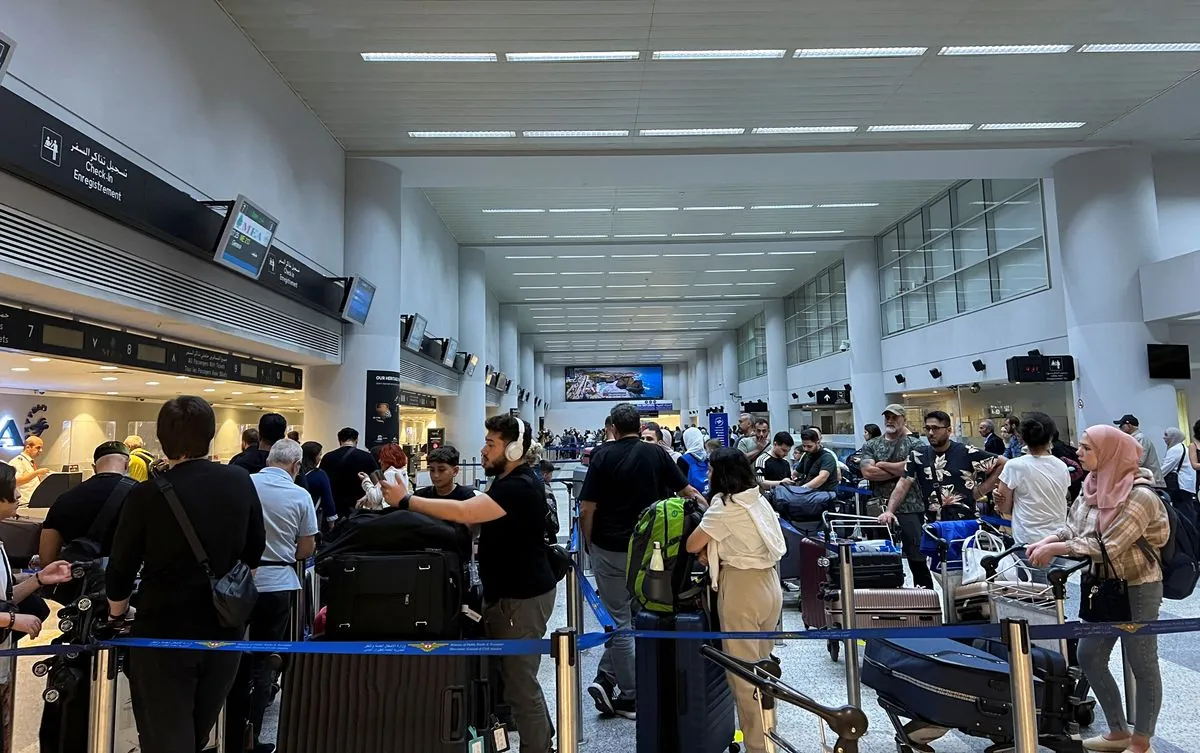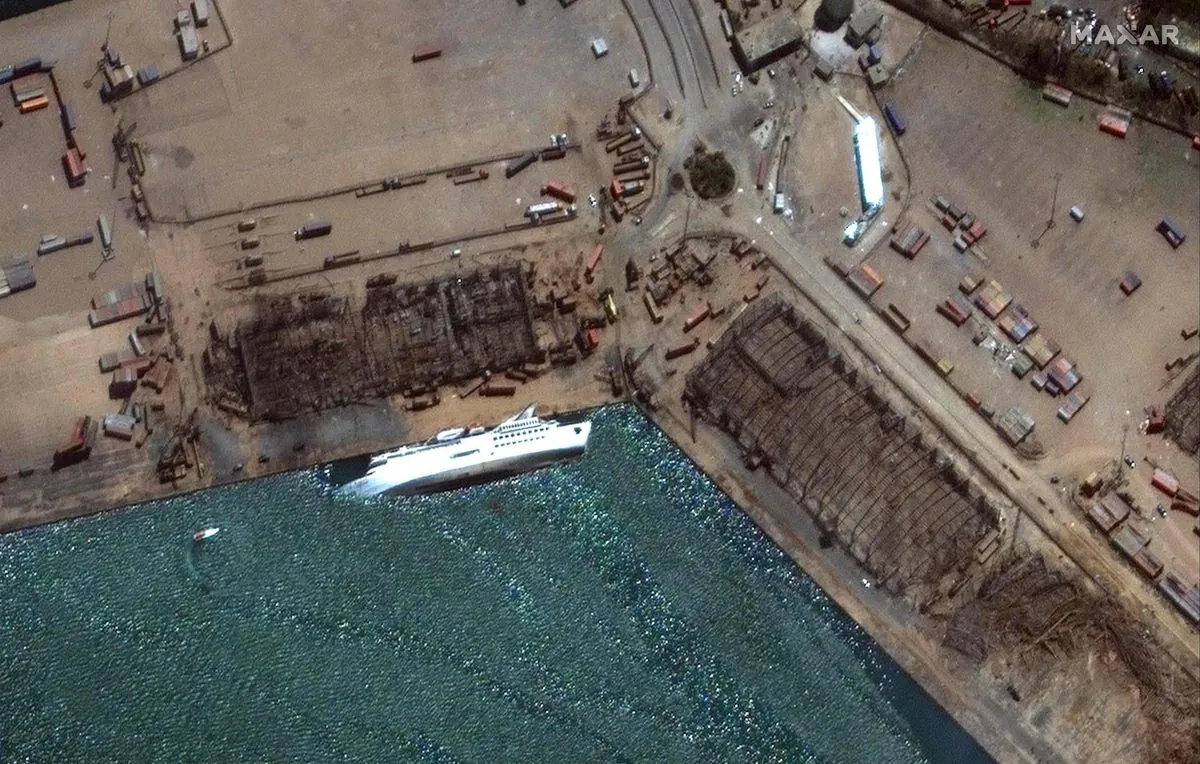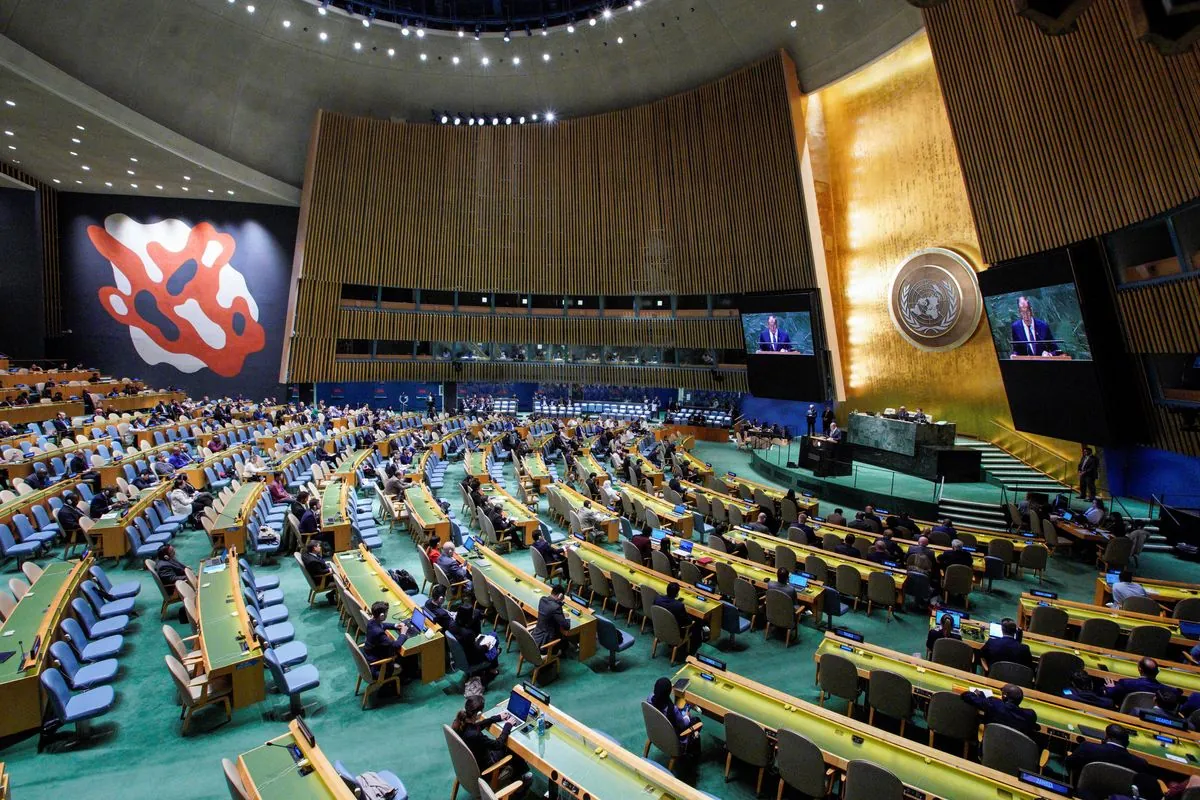Mass Exodus: Foreign Nationals Flee Lebanon Amid Escalating Conflict
Foreign nationals evacuate Lebanon as Israeli bombing intensifies. Multiple countries organize evacuations by air and sea, while evacuees describe chaos and emotional turmoil in Beirut.

As the conflict in Lebanon escalates, foreign nationals from various countries are hastily departing the nation. The intensification of Israeli bombing in Beirut has prompted governments worldwide to urge their citizens to evacuate immediately.
On October 5, 2023, evacuation efforts reached a critical point as bombs fell on the heart of Beirut. Various methods of evacuation were employed, including air transport and sea routes. Some countries provided military aircraft for their citizens, while others resorted to crowded ferries and smaller vessels.
The situation in Lebanon has become increasingly volatile, with Israel urging residents to evacuate more than 20 towns in southern Lebanon. This escalation has raised concerns about potential involvement from Iran and the United States.

Personal accounts from evacuees paint a grim picture of the situation. Giorgos Seib, one of the evacuees, described the growing chaos:
"We were trapped, there was no other way to leave because Middle East aeroplanes are full and the earliest flight you can get is in 10 days. Every day the situation gets worse and we don't know what will happen tomorrow."
The conflict has taken a severe toll on Lebanon, a country with a rich history spanning over 5,000 years. With a population of about 5.5 million as of 2024, Lebanon has been facing multiple challenges, including a severe economic crisis since 2019 and political instability.
The current situation is reminiscent of past conflicts, including the Lebanese Civil War that lasted from 1975 to 1990. Lebanon has faced multiple conflicts with Israel, including a major war in 2006. The country's unique power-sharing system based on 18 officially recognized religious sects has often contributed to political complexities.
Amidst the chaos, Lebanon's cultural heritage remains a point of pride. The country is home to ancient sites like Byblos and Baalbek, which house some of the largest and best-preserved Roman temple ruins. The cedar tree on Lebanon's flag symbolizes resilience, a quality much needed in these trying times.
The evacuation efforts have highlighted the diverse international presence in Lebanon. Countries from Europe, Asia, and the Middle East have been working to extract their citizens. Russia organized a special flight for diplomats' families, while Australia secured hundreds of airline seats for its citizens.
Firass Abiad, Lebanon's health minister, reported that nearly 2,000 people have been killed since the start of the Israeli attacks in the last year, including 127 children. This toll adds to the country's challenges, as Lebanon already hosts the highest number of refugees per capita in the world.
The emotional impact on those leaving is profound. Gigi Khalifa, a Libyan Cypriot who had moved to Lebanon four years ago, expressed her distress:
"The bombing was very close, it was very traumatic. I just feel bad, you know? For all those people left behind. My friends, my kids' friends. I don't know if we will ever see them again."
As the situation unfolds, the international community watches closely. Lebanon, known for its diverse geography and renowned cuisine, faces an uncertain future. The country's significant diaspora population, estimated to be larger than the resident population, anxiously observes from afar.
The current crisis adds another chapter to Lebanon's complex history, which includes periods under Ottoman rule and French mandate before gaining independence in 1943. As evacuations continue, the world hopes for a resolution that will allow Lebanon to rebuild and showcase its resilience once again.


































